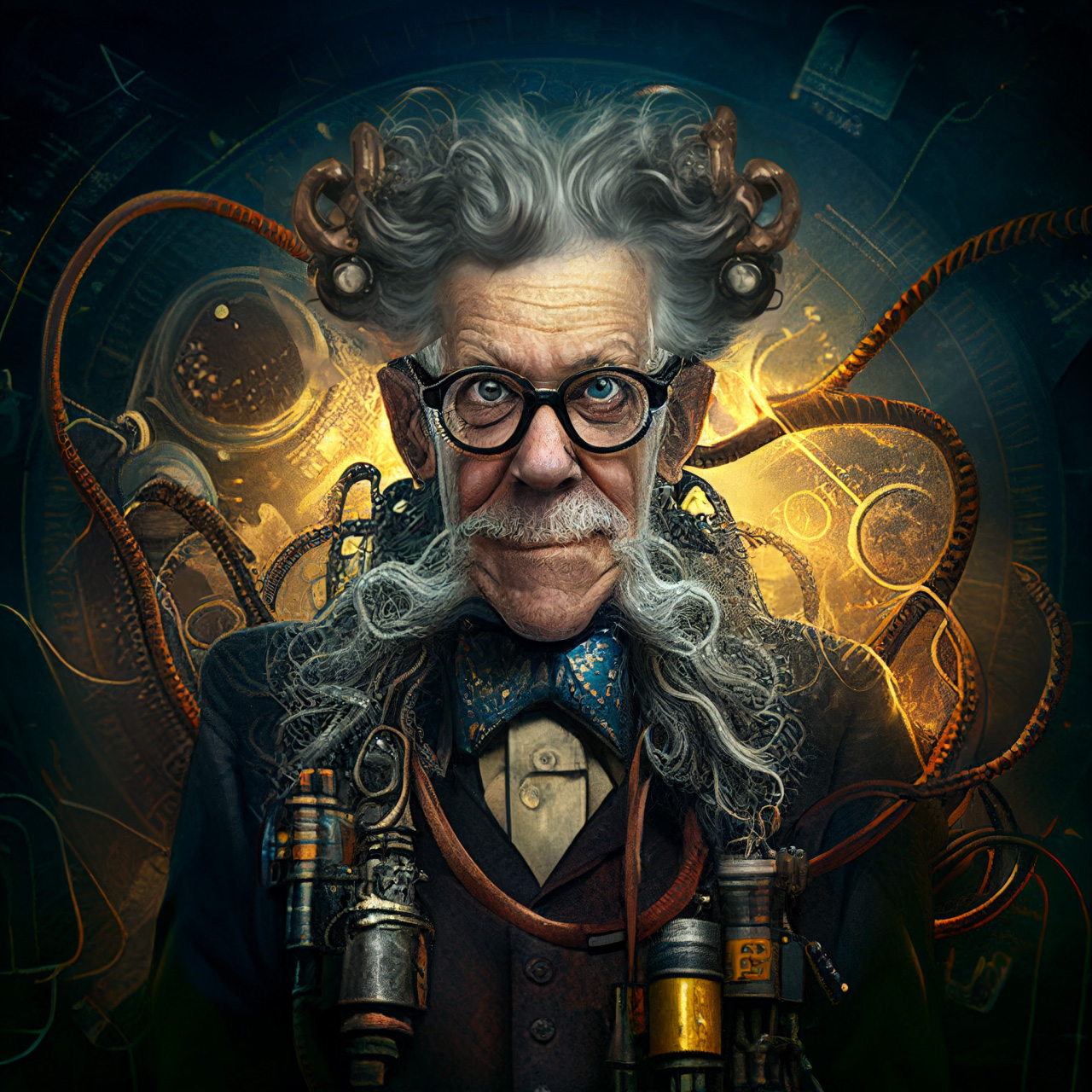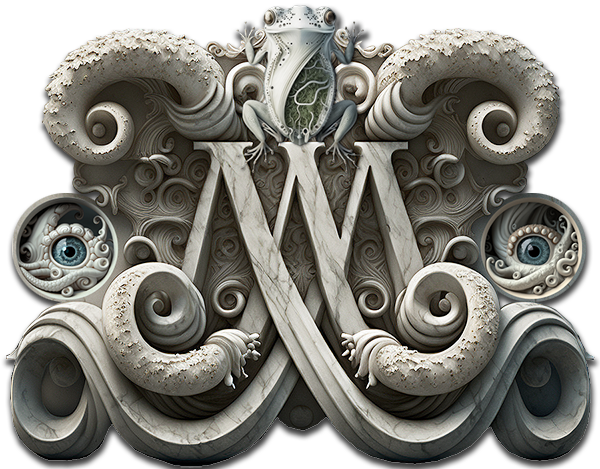
The Governor was finishing his reply to the short speech of the Surgeon-General. I heard him say: “The laws prohibiting suicide and providing punishment for any attempt at self-destruction have been repealed. The government has seen fit to acknowledge the right of man to end an existence which may have become intolerable to him, through physical suffering or mental despair. It is believed that the community will be benefited by the removal of such people from their midst. Since the passage of this law, the number of suicides in the United States has not increased. Now that the government has determined to establish a Lethal Chamber in every city, town, and village in the country, it remains to be seen whether or not that class of humans creatures from whose desponding ranks new victims of self-destruction fall daily will accept the relief thus provided.” He paused, and turned to the white Lethal Chamber. The silence in the street was absolute. “There a painless death awaits him who can no longer bear the sorrows of this life. If death is welcome, let him seek it here.” Then, quickly turning to the military aid of the President’s household, he said, “I declare the Lethal Chamber open”; and again facing the vast crowd, he cried in a clear voice: “Citizens of New York and of the United States of America, through me the government declares the Lethal Chamber to be open.”
The solemn hush was broken by a sharp cry of command, the squadron of hussars filed after the Governor’s carriage, the lancers wheeled and formed along Fifth Avenue to wait for the commandant of the garrison, and the mounted police followed them. I left the crowd to gape and stare at the white marble death-chamber, and, crossing South Fifth Avenue, walked along the western side of that thoroughfare to Bleecker Street. Then I turn to the right and stopped before a dingy shop which bore the sign,
HAWBERK, ARMORER.
I glanced in at the door-way and saw Hawberk busy in his little shop at the end of the hall. He looked up and, catching sight of me, cried, in his deep, hearty voice, “Come in, Mr. Castaigne!” Constance, his daughter, rose to meet me as I crossed the threshold, and held out her pretty hand, but I saw the blush of disappointment on her cheeks, and knew that it was another Castaigne she had expected, my cousin Louis. I smiled at her confusion and complimented her on the banner which she was embroidering from a colored plate. Old Hawberk sat riveting the worn greaves of some ancient suit of armor, and the ting! ting! of his little hammer sounded pleasantly in the quaint shop. Presently he dropped his hammer and fussed about for a moment with a tiny wrench. The soft clash of the mail sent a thrill of pleasure through me. I loved to hear the music of steel brushing against steel, the mellow shock of the mallet on thigh-pieces, and the jingle of chain armor. That was the only reason I went to see Hawberk. He had never interested me personally, nor did Constance, except for the fact of her being in love with Louis. This did occupy my attention, and sometimes even kept me awake at night. But I knew in my heart that all would come right, and that I should arrange their future as I expected to arrange that of my kind doctor, John Archer. However, I should never have troubled myself about visiting them just then had it not been, as I say, that the music of the tinkling hammer had for me this strong fascination. I would sit for hours, listening and listening, and when a stray sunbeam struck the inlaid steel, the sensation it gave me was almost too keen to endure. My eyes would become fixed, dilating with a pleasure that stretched every nerve almost to breaking, until some movement of the old armorer cut off the ray of sunlight, then, still thrilling secretly, I leaned back and listened again to the sound of the polishing rag swish! swish! rubbing rust from the rivets.

